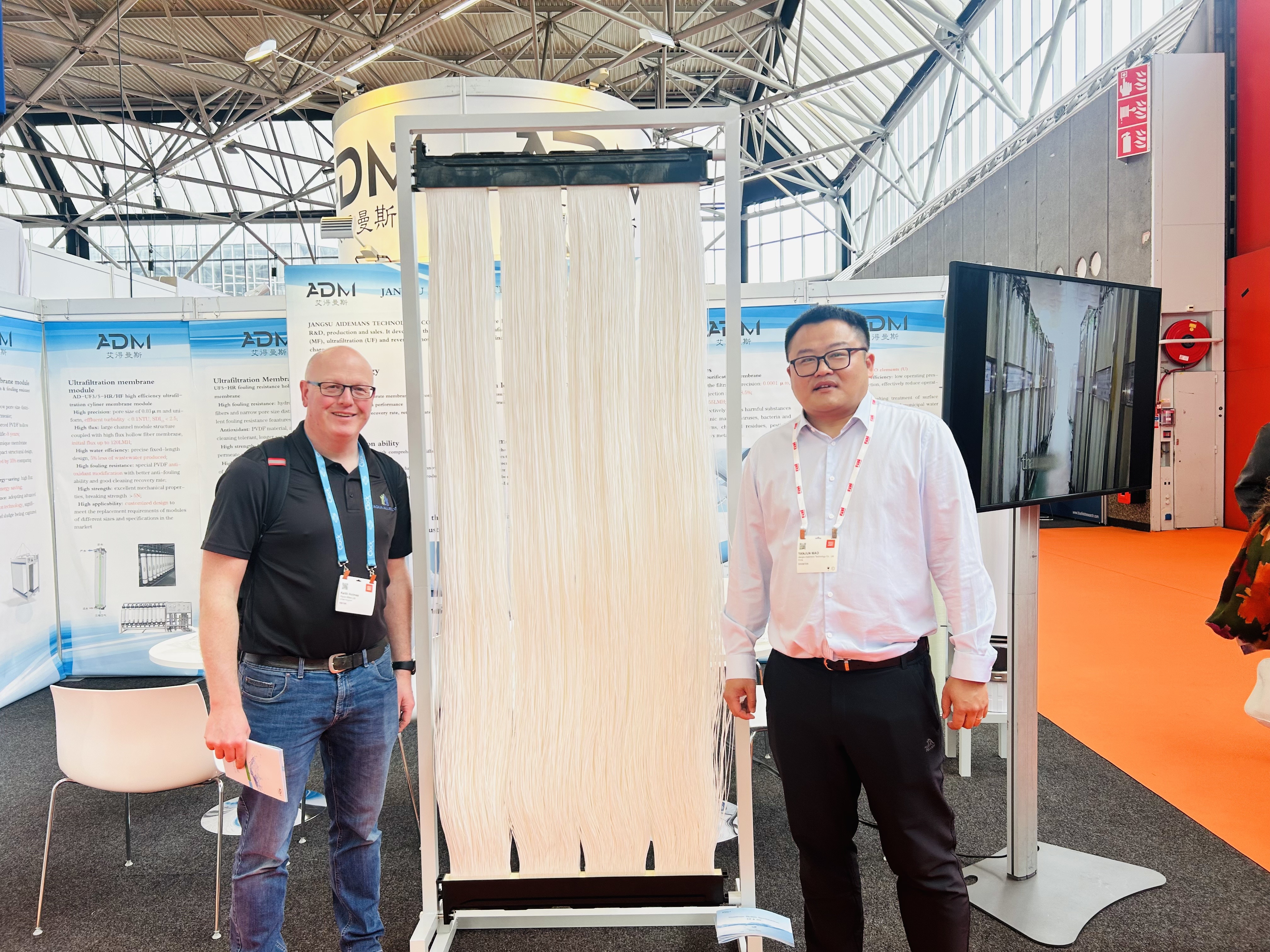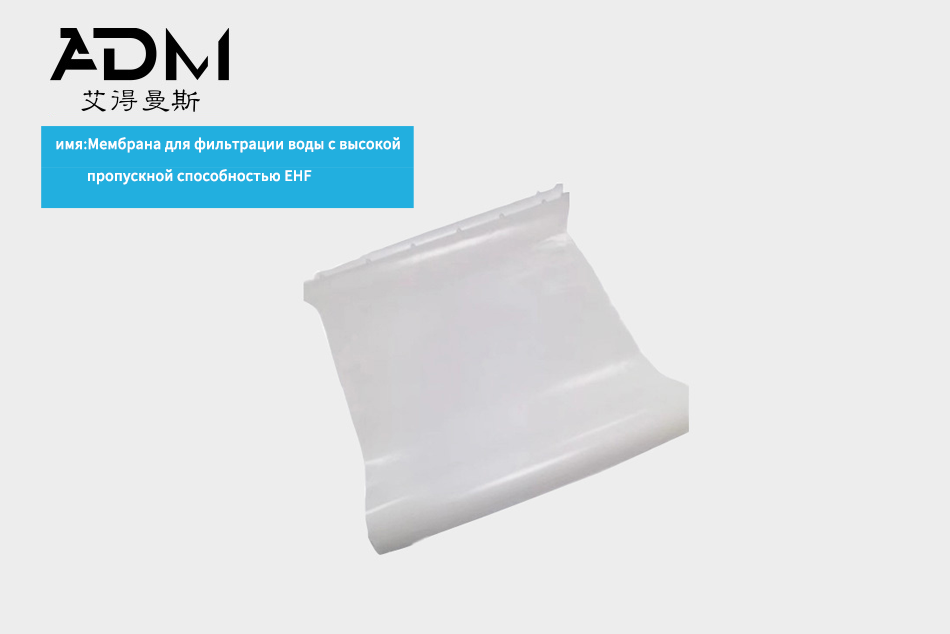Enhancing Industrial Water Quality: The Impact of Reverse Osmosis ULPI Technology
Release time:
2025-08-06
How Reverse Osmosis ULPI Enhances Water Quality in Industrial Settings Understanding Reverse Osmosis ULPI Technology Reverse Osmosis (RO) is a water purification method that utilizes a semipermeable membrane to remove ions, molecules, and larger particles from drinking water. In industrial applications, a specialized version known as Reverse Osmosis ULPI (Ultra Low Pressure Inlet) enhances thi
How Reverse Osmosis ULPI Enhances Water Quality in Industrial Settings
Understanding Reverse Osmosis ULPI Technology
Reverse Osmosis (RO) is a water purification method that utilizes a semipermeable membrane to remove ions, molecules, and larger particles from drinking water. In industrial applications, a specialized version known as Reverse Osmosis ULPI (Ultra Low Pressure Inlet) enhances this process. ULPI technology significantly reduces energy consumption, making it a preferred choice in industries where both efficiency and sustainability are crucial.
The Importance of Water Quality in Industrial Applications
Water quality is paramount in industrial settings. It directly impacts operational efficiency, product quality, and environmental compliance. Industries such as pharmaceuticals, food and beverage, chemicals, and electronics require ultra-pure water to ensure their processes run smoothly. Poor water quality can result in equipment corrosion, product contamination, and non-compliance with regulatory standards.
Key Benefits of Reverse Osmosis ULPI Technology
1. Enhanced Purification Efficiency
One of the primary advantages of Reverse Osmosis ULPI is its ability to produce high-purity water efficiently. By using advanced membranes and low-pressure operation, industries can achieve optimal removal rates of contaminants such as salts, microorganisms, and organic compounds, ensuring that the water meets stringent quality standards.
2. Reduced Energy Consumption
Traditional reverse osmosis processes often require high operational pressures, leading to increased energy costs. ULPI technology operates at significantly lower pressures, which not only conserves energy but also extends the lifespan of equipment. This reduction in energy expenditure translates to lower operational costs for industrial facilities.
3. Cost-Effectiveness
The initial investment in Reverse Osmosis ULPI systems can be offset by the long-term savings they generate. Lower energy bills, reduced maintenance costs, and the elimination of secondary treatment processes contribute to a more cost-effective water treatment solution for industries.
4. Compliance with Environmental Regulations
Many industries are subject to strict environmental regulations regarding wastewater management and water quality. Utilizing Reverse Osmosis ULPI technology helps companies meet these regulations by providing a reliable means of removing pollutants and ensuring that discharged water meets legal standards.
Applications of Reverse Osmosis ULPI in Various Industries
1. Pharmaceutical Industry
In the pharmaceutical sector, the demand for pure water is critical. Reverse Osmosis ULPI systems provide the ultra-pure water necessary for drug formulation, ensuring that contaminants do not compromise product quality. This technology helps maintain compliance with Good Manufacturing Practices (GMP).
2. Food and Beverage Production
The food and beverage industry relies on water quality to ensure product safety and flavor. Reverse Osmosis ULPI effectively removes impurities that could affect taste or safety, making it an essential component in the production of beverages, dairy products, and processed foods.
3. Electronics Manufacturing
The electronics industry requires extremely low levels of impurities in water used during the manufacturing process. Reverse Osmosis ULPI systems deliver the high-purity water essential for cleaning and rinsing electronic components, thus preventing defects and ensuring product reliability.
4. Chemical Manufacturing
Chemicals produced in industrial settings often require specific water characteristics. The ability of Reverse Osmosis ULPI to tailor water quality ensures that chemical processes remain efficient and produce high-quality end products.
The Mechanics of Reverse Osmosis ULPI Systems
Understanding how Reverse Osmosis ULPI works is crucial for its effective application in various industries. The process begins with pre-treatment to remove larger particles, followed by the reverse osmosis stage, where water is forced through the RO membrane. This membrane selectively allows water molecules to pass while rejecting contaminants based on size and charge.
1. Pre-Treatment Processes
Before water undergoes reverse osmosis, it must be pre-treated to prevent membrane fouling. This pre-treatment may include coagulation, sedimentation, and filtration processes that remove suspended solids and larger impurities.
2. The Role of Membranes
The effectiveness of Reverse Osmosis ULPI relies heavily on the quality of its membranes. These membranes are designed to withstand the rigors of industrial processes while providing optimal filtration efficiency. Innovations in membrane technology, such as thin-film composites, have enhanced performance and longevity.
3. Post-Treatment Options
After reverse osmosis, additional post-treatment may be necessary, such as remineralization or disinfection. This ensures that the produced water not only meets quality standards but is also safe for its intended application.
Challenges and Considerations in Implementing Reverse Osmosis ULPI
While Reverse Osmosis ULPI offers numerous benefits, there are also challenges that industries must navigate. Understanding these challenges can help in making informed decisions regarding water treatment systems.
1. Initial Cost and Investment
The upfront costs associated with installing a Reverse Osmosis ULPI system can be substantial. Industries must weigh these costs against the long-term savings and operational efficiency gains.
2. Maintenance Requirements
Regular maintenance is essential to ensure the longevity and effectiveness of RO systems. This includes routine checks on membrane integrity, regular cleaning to prevent fouling, and monitoring of system performance.
3. Waste Management of Concentrate
The reverse osmosis process generates a concentrated waste stream that requires proper management. Industries must develop strategies for the safe disposal or treatment of this concentrate to minimize environmental impact.
Frequently Asked Questions (FAQs)
1. What is the difference between standard reverse osmosis and ULPI technology?
ULPI technology operates at lower pressures, resulting in reduced energy consumption and longer membrane life, while maintaining high purification efficiency compared to standard reverse osmosis systems.
2. How does Reverse Osmosis ULPI improve water quality?
It effectively removes a wide range of contaminants, including salts, microorganisms, and organic compounds, producing high-purity water suitable for various industrial applications.
3. What industries benefit the most from Reverse Osmosis ULPI systems?
Industries such as pharmaceuticals, food and beverage, electronics, and chemical manufacturing significantly benefit from ULPI technology due to their stringent water quality requirements.
4. What are the maintenance requirements for Reverse Osmosis ULPI systems?
Regular maintenance includes monitoring membrane performance, conducting routine cleanings to prevent fouling, and ensuring that pre-treatment processes are functioning effectively.
5. Is the initial investment in Reverse Osmosis ULPI systems worth it?
While the initial costs can be high, the long-term savings on energy, maintenance, and compliance make it a cost-effective solution for many industries.
Conclusion
Reverse Osmosis ULPI technology stands out as a game changer in the quest for enhanced water quality in industrial settings. Its ability to deliver high-purity water while conserving energy and reducing operational costs positions it as an essential tool for industries striving for efficiency and sustainability. As global regulations continue to tighten regarding water quality and environmental impact, harnessing the power of Reverse Osmosis ULPI is not just a smart choice but a necessary one for maintaining competitive advantage in today's industrial landscape.


